Biology - Nutrition (Nutrients and Types) - Section 2
In my last post, I made it clear that nutrients are food based on chemicals that provide us with energy. I went ahead to list the seven important nutrients, that is the five major(carbohydrates, proteins, fats, vitamins, and minerals) and the two essential(Water and roughage) nutrients. Well, for more detail you can check out the link Biology - Nutrition (Nutrients and Types). Let's move to the nutrients and their functions.
Carbohydrates
The primary source of energy for humans is carbohydrates, which are commonly called sugar or saccharides. Carbohydrates are found in foods like fruits, vegetables, grains, etc, which are in the form of starch, fibers, and sugar.
A. Fructose: It is the sweetest form of carbohydrates and is found in fruits such as banana, mango, apple, etc
B. Sucrose: It is also sweet, is found in sugarcane, and is most common in commercial sugar.
C. Lactose: It is known as milk sugar, which is found in breast milk.
D. Starch: A common form of carbohydrates we all know and most important in our diet. We get starch from cereals, vegetables, cassava, potatoes, etc. Tubar food is rich in starch.
Carbohydrates are small units of food substances called monosaccharides(glucose or fructose), which are easily digested into the human system. The small intestine absorbs the monosaccharides into our bloodstream, and some are sent to the liver for storage of excess glucose as glycogen. Glucose is the main energy source for our body cells and brain to maintain their full functions.
Fat
Fats are simple lipids made from glycerol(complex molecules) and fatty acids. Fats are a combination of three fatty acids linked to a glycerol compound.
- Oils
- Meat
- Bakery products (cream and cheese)
- Junk food
- Butter
- Ghee
Fats provide 2x the amount of energy provided by carbohydrates
Fats are the means our body can absorb vitamins
Energy is stored in our bodies in the form of fats
Fat helps to maintain body temperature and helps in keeping the body warm.
Fats help as a protective layer to some internal body organs.
Proteins
Protein, which means "holding the first place" or "primary" is made up of many amino acids attached forming a long chain. These amino acids are linked to each other by a peptide bond, and each structure has its function depending on the length of the chain.
- Fish
- Meat
- Egg
- Mushroom
- Paneer
- Soya-bean
- Spirulina
- Protein is a main component of the cell membrane
- Protein helps in the function of growth and repair of body cells
- Protein is a component of blood, antibodies, enzymes, etc
- Protein is the last macronutrient needed by a starving body.
NB, children, and pregnant women need more protein in their diet to ensure proper growth and development of the body. This category of humans needs protein to support and maintain the growth of the muscles, bones, organs, and other body cells.
Vitamins
Vitamins are protective nutrients and are required in our body system. There are 13 essential vitamins, divided into two classes: Water-soluble and Fat-soluble.
Vitamins based on their solubility can be dissolved in water and are called water-soluble vitamins (Vitamin B1, Vitamin B2, Vitamin B3, Vitamin B5, Vitamin B6, Vitamin B7, Vitamin B9, Vitamin B12, and Vitamin C)
Vitamins based on their solubility can be dissolved in liquid fats and are called fat-soluble vitamins (Vitamin A, Vitamin D, Vitamin E, and Vitamin K.)
Minerals
Minerals are protective nutrients like vitamins, but minerals are used in the form of salt and not elements. Examples Calcium, Iodine, Iron, Phosphorus, Sodium, etc
Water
Water is important but does not provide any nutrients to our bodies. Approximately 70% of our body is made up of water, water maintains the proper functioning of our internal organs. Water is the main transportation system in our body and helps to process metabolic activities. Water is the main actor in the process of digestion, absorption, circulation, excretion, etc.
Roughage
Roughage is an essential component of food needed by our bodies but doesn't have any nutrients like water. From its name, roughage is a food substance that can not be digested by the body. Roughage holds an amount of water and helps in digestion, which adds the bulk and better excretion of waste material from the body. Roughage helps to reduce constipation when taken in huge quantities.
Green leafy vegetables
fruits
grains
Wow, Let's end this for today. If you notice, I skip sources of vitamins and minerals. I will find time to make the next post carry that detail. Nutrients are important to our bodies, we cannot survive without them. Our body needs energy for physical and metabolic activities, so make a habit of eating three times a day. Food rich in nutrients, not forgetting water.

Thanks for reading.

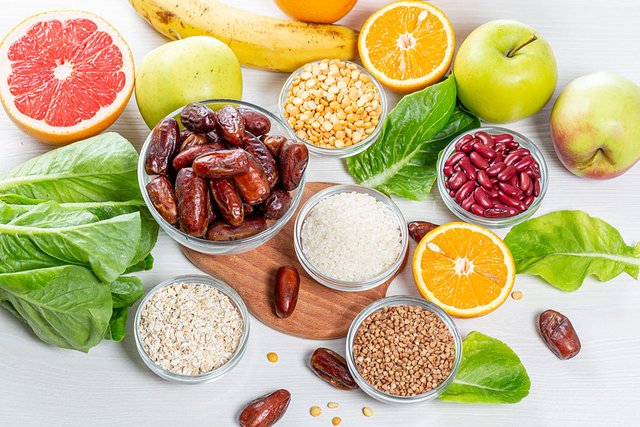
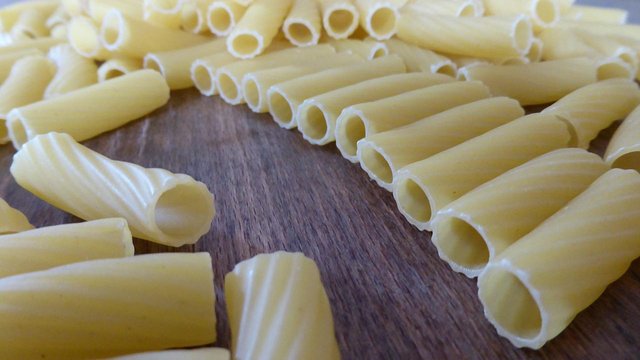
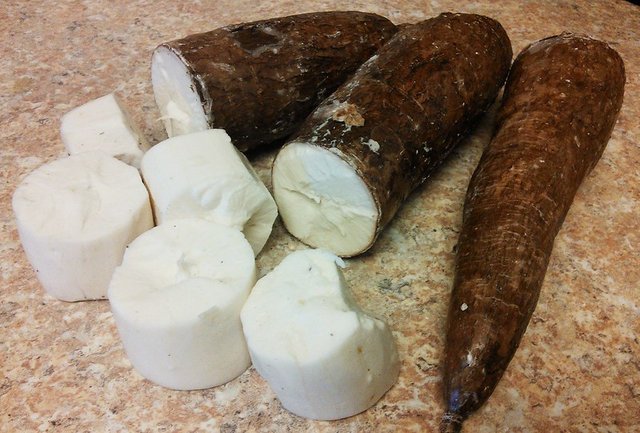
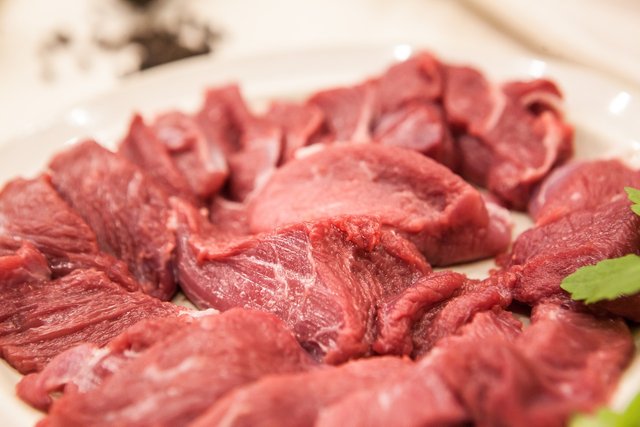
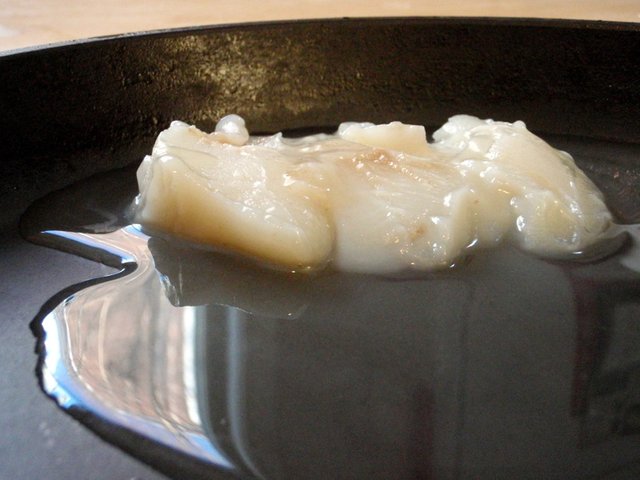
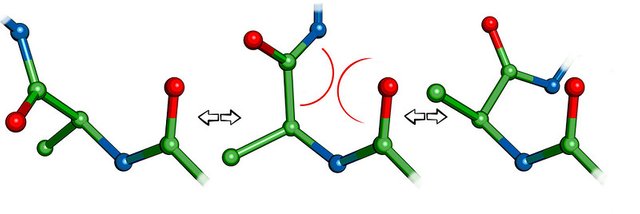
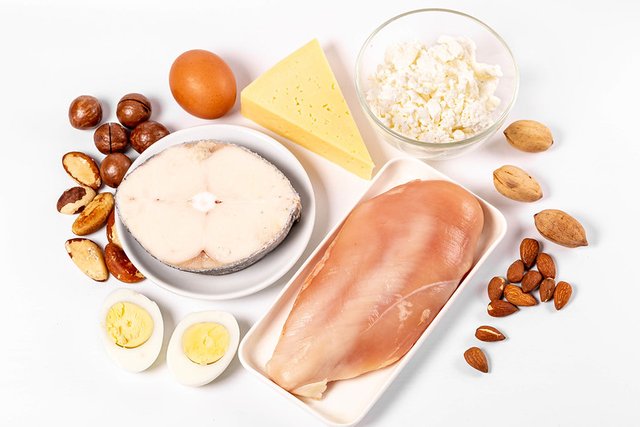
Thanks for sharing
Thank you for contributing to #LearnWithSteem theme. This post has been upvoted by @Reminiscence01 using @steemcurator09 account. We encourage you to keep publishing quality and original content in the Steemit ecosystem to earn support for your content.
Regards,
Team #Sevengers
Thanks, @Reminiscence01